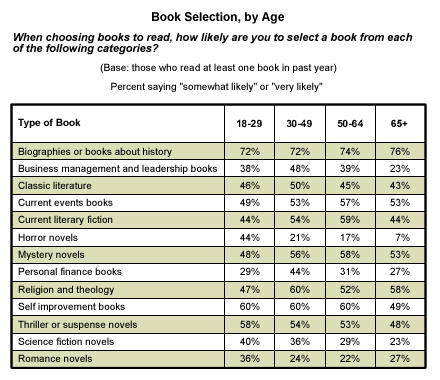
It’s a Father’s Day weekend, and we have a lot to celebrate. My son’s graduation ceremony is on Father’s Day! He earned his doctorate in physics! He is also a great dad to a little girl and his birthday is a day before. It’s a full weekend of joy! Fatherhood can be complicated and all complicated things make great stories. I’ve considered which of my books has the most interesting father story and decided that Mirror Shards must be the one. So I’ve setup a giveaway of that ebook on Amazon for the next 5 days. Happy Father’s Day!
When we are young, our conscious thoughts rarely extend beyond the immediate reality of our lives — playing with toys, visiting playgrounds, eating snacks, and receiving love and attention from our parents. Children seldom think beyond the next day or two. The ability to envision a longer future signifies maturation. As we grow older, our mental horizons broaden, we become more aware of the world, develop an interest in others, and learn to plan for the future. Yet, as we age, these horizons often narrow again. Some interpret this as a kind of selfishness of old age, but it truly reflects a shift in psychological and physical capabilities. It is similar to “survivor mode” where people enduring wars, personal tragedies, or illnesses, focus on their immediate survival needs without the luxury of considering the future.
Is there a connection between our emotional needs and the types of stories we read or avoid? It’s easy to analyze early childhood literature. Most stories for the very young maintain simple linear narratives devoid of antagonists. When addressing misfortune, books for young children typically present challenges that are quickly overcome: the itsy-bitsy-spider type story. The spider gets washed out by rain, but then, after the sun comes out, it’s able to climb back up the water spout. The danger is a mere shadow. As kids grow, the length of the stories they consume grows as well. But those stories are still mostly of the black-and-white easily digestible type — the emotional and cognitive horizon of those tales are constricted. When children’s perspectives expand, so too does their interest in more complex storytelling.
It was always a shock to me whenever I read the original Brothers Grimm collection of fairy tales — they are so, well, grim! But I’ve come to understand that those stories were never meant for young children. Yes, they are fairy tales, but they were originally intended for adults or young adults, serving as “ghost stories” told by firelight to entertain and frighten. The cautionary themes common to these tales — such as the warning not to visit a stranger’s house — mirror those found in contemporary horror, also primarily consumed by young adults.
As we age, do we seek out simpler stories? I don’t mean a regression to itsy-bitsy childlike simplicity, but rather a constriction of topics, a narrowing of themes, and a more rigid adherence to the tight confines of a particular genre. People can still gravitate to particular genre and a specific trope. Yet the overall effect might well be the shrinking of the reading material that is enjoyed and read as one gets older. Perhaps, as memories fail, the complexity of stories — the number of characters and plot points — shrink to accommodate those readers?
A study conducted over twenty years ago surveyed reading preferences, but the questions didn’t go into the substance of story structure. Rather, they focused on choice of genre and number of books read. These are not questions I’m pondering, although it’s interesting that older people don’t tend to prefer the types of stories I write. But do older adults prefer happy endings just like kids do? Are they inclined towards narratives with less complexity? Those are intriguing questions and several studies have examined them.

A few other interesting references about readers of books:
“Are Older Adults More Risky Readers? Evidence From Meta-Analysis”
“Age-Related Changes in Reading Comprehension: An Individual-Differences Perspective”
Happy reading! May you find joy in the story you chose to invest your time in.
